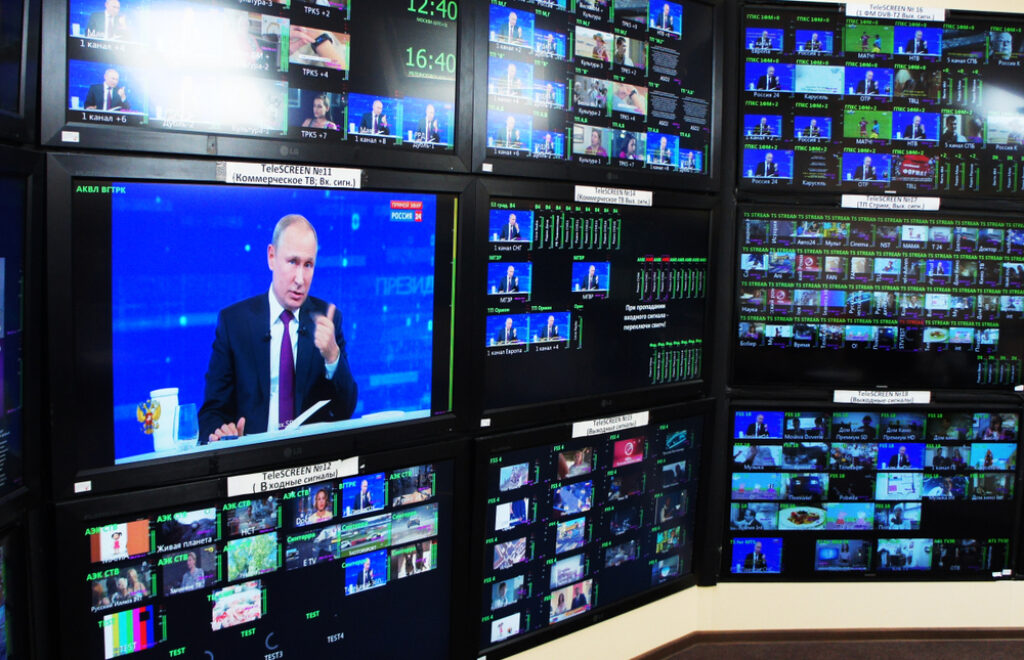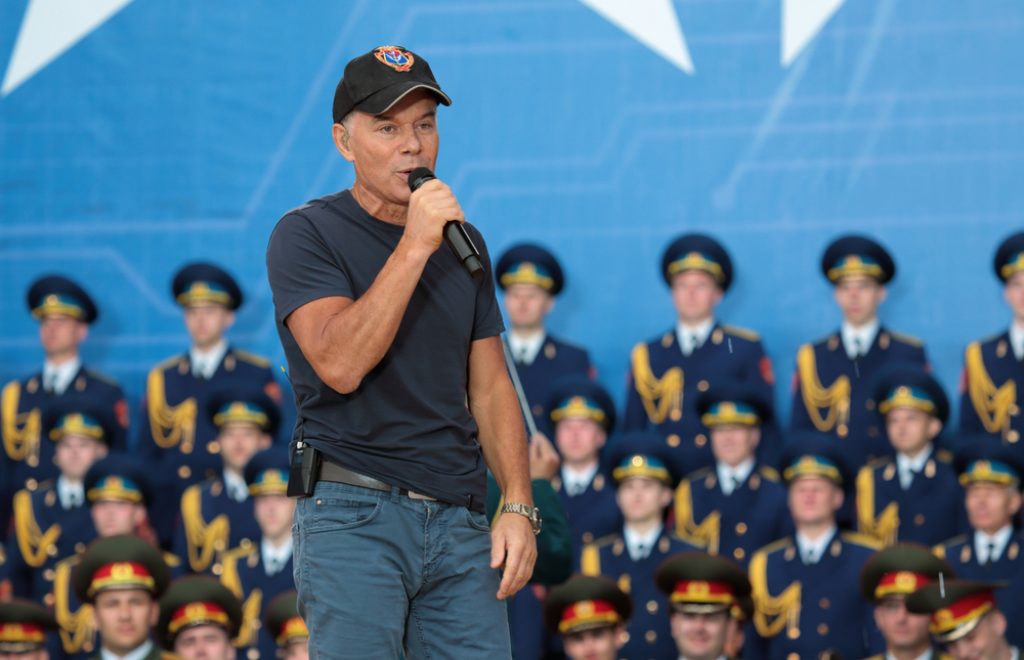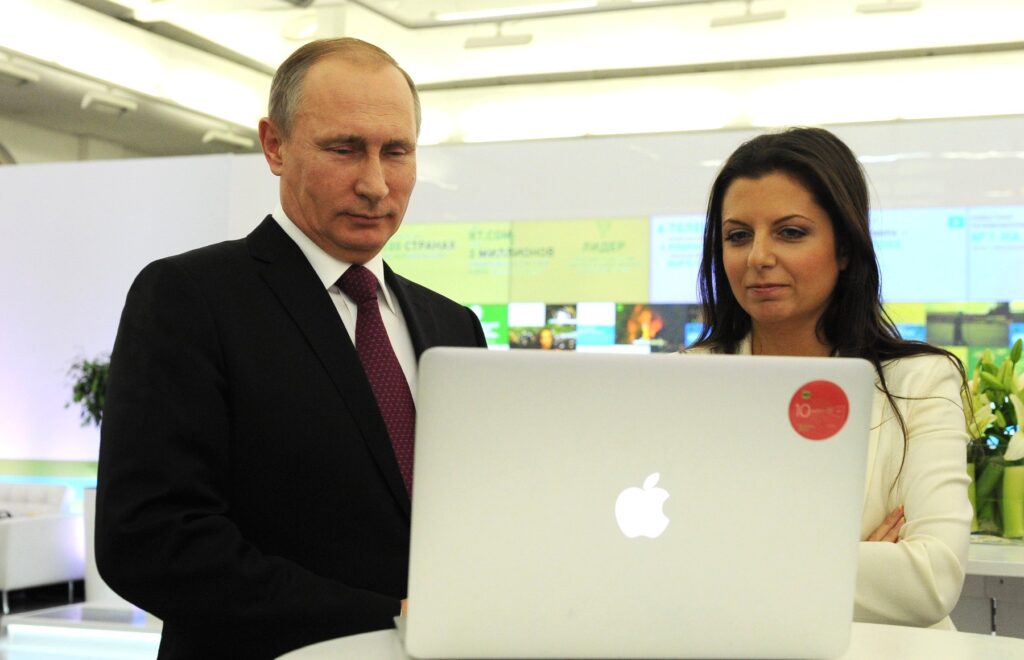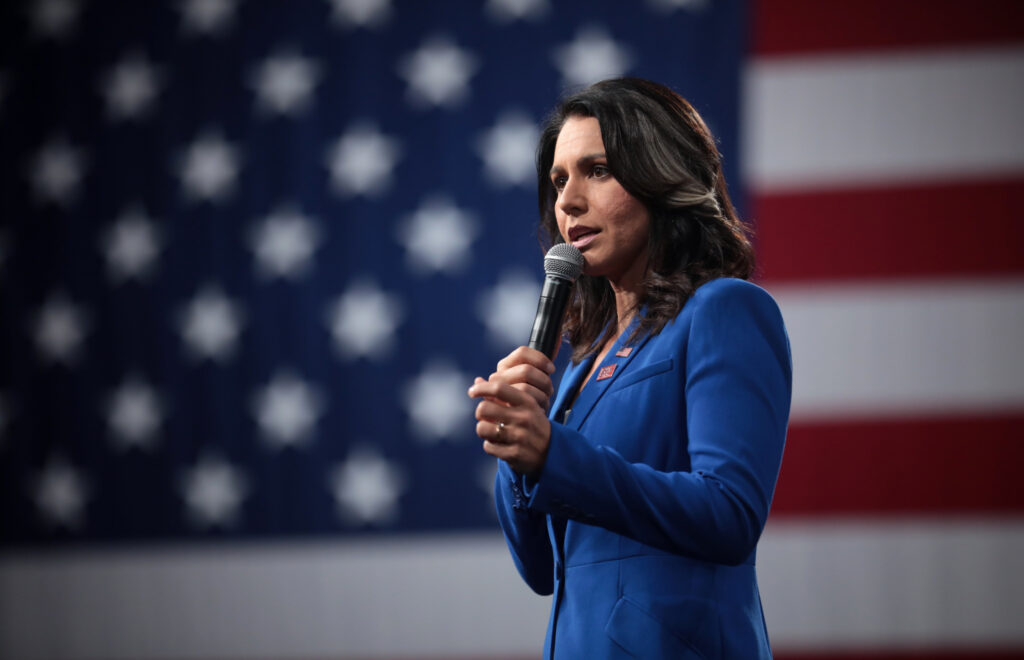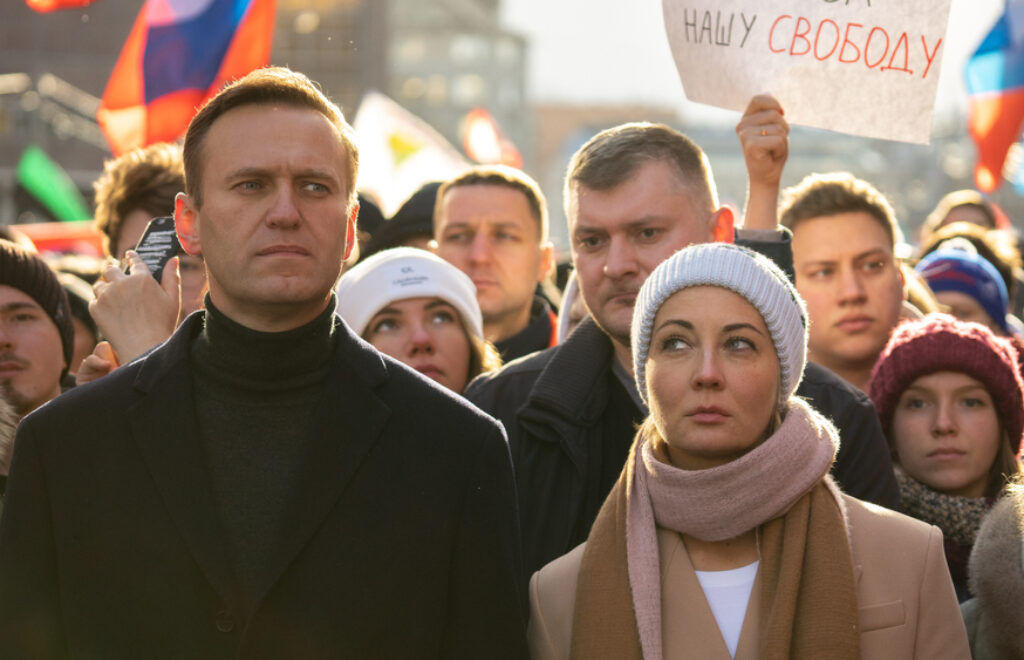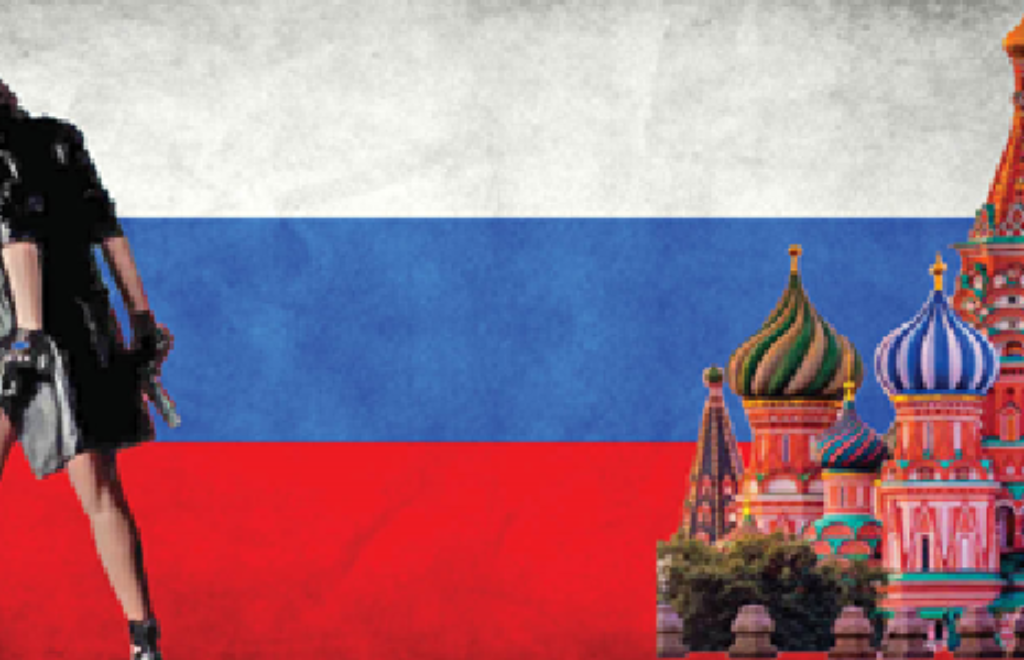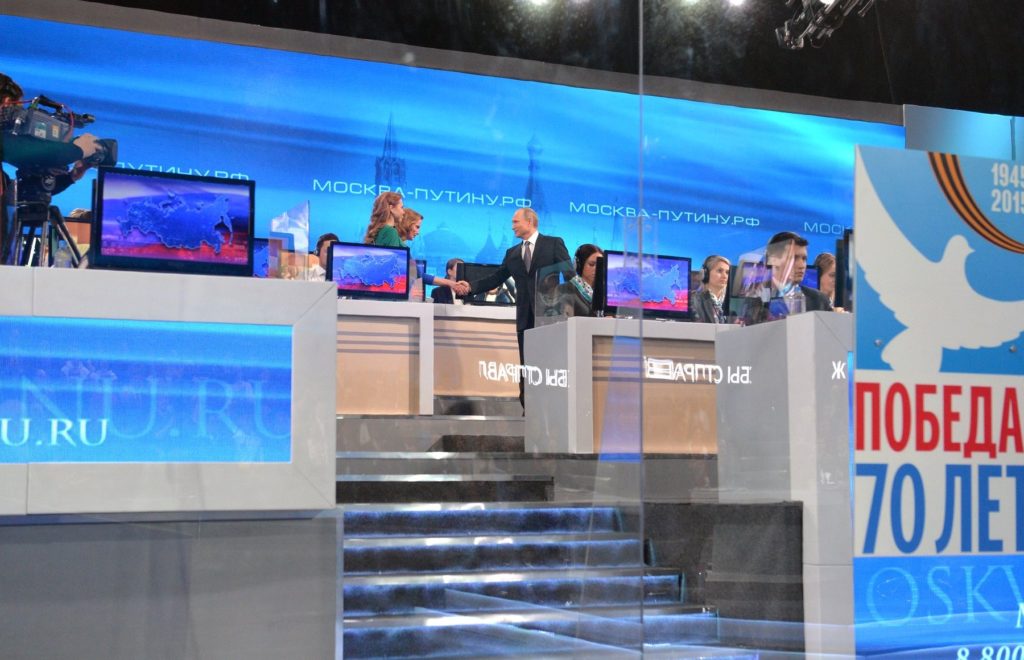From war propaganda to aggression: recognizing a new crime
The brutal Russian invasion of Ukraine, the full-scale stage of which began in February 2022, was both preceded and further accompanied by a rampant propaganda campaign that reached new heights of cynicism, bloodthirstiness and warmongering in just a matter of days. The propaganda machine spent immense resources on justifying Moscow’s heinous acts of aggression by employing a combination of manipulative and selective reporting on the hostilities in eastern Ukraine.
February 7, 2024 - Maksym Popovych


